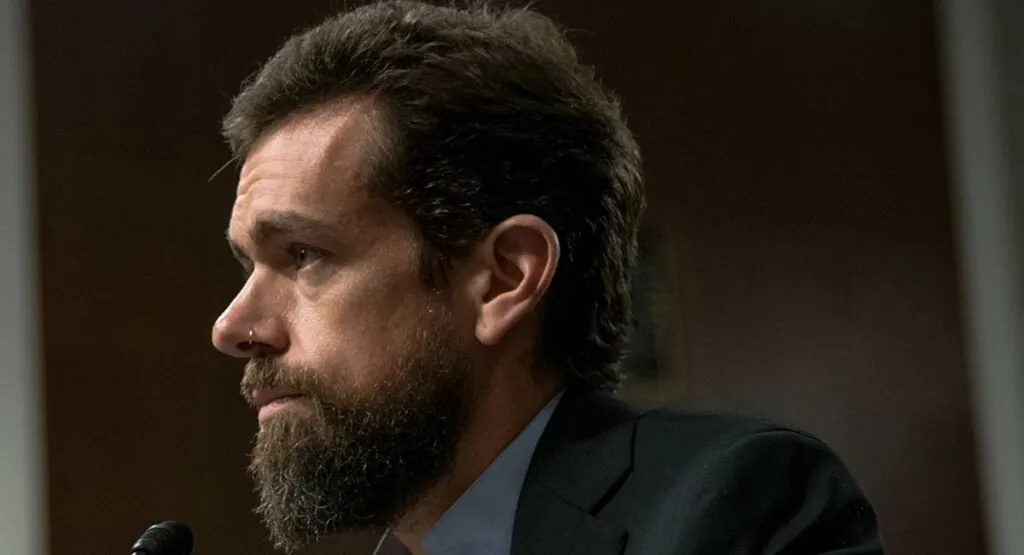Jack Dorsey, who believes it’s time to “delete all IP law.” Photo Credit: Mark Warner
Against the backdrop of ongoing AI debate — and adjacent legal battles concerning generative models’ training processes — Block CEO Jack Dorsey says it’s time to “delete all IP law.”
Dorsey provided that controversial take on X, where, unsurprisingly, many promptly criticized the position. Notwithstanding the pushback – more on this in a moment – the contentious stance did find a high-profile supporter in Elon Musk.
“I agree,” the xAI founder replied to Dorsey, who elaborated on his four-word post when replying to less enthusiastic responses.
These responses touched on not only the income fallout for creatives, but differences between various types of (and protections for) IP, the potential effect on medical research, and a whole lot else.
“creativity is what currently separates us,” Dorsey followed up in one response, “and the current system is limiting that, and putting the payments disbursement into the hands of gatekeepers who aren’t paying out fairly.”
(There may well be non-AI angles to the comment for Dorsey, whose current company in November 2024 scaled back its questionable Tidal investment. Regarding the “gatekeepers” word choice, we’ve been hearing quite a lot lately about artists, from Snoop Dogg to Kate Nash, receiving small major-label streaming payments for their much-played tracks.)
Meanwhile, another critic asked about the sweeping move’s possible impact on the motivation to create. “What motivation would there be to create if there were no way to monetize?” the individual inquired. “This is straight out of the CCP playbook.”
“execution and speed matters more,” followed up Dorsey, whose net worth is (per Forbes) $3.6 billion.
As initially mentioned, Dorsey’s remarks are especially interesting and relevant in light of far-reaching AI-training questions.
There’s still much to see here, in terms of lawsuits and legislation, in both the U.S. and internationally. And though it probably doesn’t need saying, lawmakers aren’t going to “delete” IP protections outright.
But like DMN Pro has broken down in detail, despite rightsholders’ continued pushback, it’s not outside the realm of possibility that stateside courts will deem training on protected materials fair use.
More concretely, it’s safe to say that gen AI giants based in several other nations around the globe are (and will almost certainly continue) freely disregarding IP concerns when training.
Of course, this broader disregard for IP isn’t exactly new. But it’s definitely taken on a heightened importance given the unprecedented content-output capabilities of the technology at hand.
Following the point to its logical conclusion, there’s a separate conversation to be had about a susceptibility to commercial fallout stemming from cheapening artistry and prioritizing near-term profits above all else.
In and well beyond the music world, today’s top-selling projects aren’t necessarily today’s best projects, and carefully tailored AI outputs may resonate with the undiscerning audiences in question.
Content shared from www.digitalmusicnews.com.

